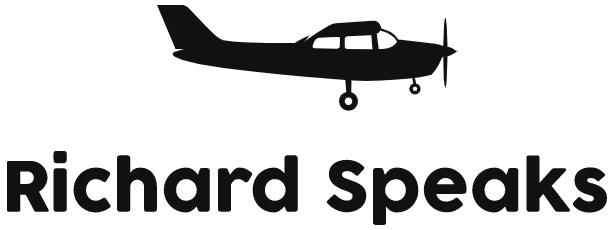
What Country Speaks Dutch?
If you’ve ever wondered what country speaks Dutch, then you’re in luck. Dutch is a country-wide language that was influenced by the Dutch nation’s colonial influence over the past few centuries. Not only did this impact shape the history of the world, it also affected the linguistic landscape of several regions. While you may think Dutch is spoken only in Holland, other countries in the Netherlands and Germany also speak the language.
Dutch is a West Germanic language
Although the Dutch language has retained many features of the Germanic languages, the language has also developed its own unique phonetics. Most words in Dutch begin with three consonants and end with four. There are three genders in Dutch. The feminine and masculine nouns have both been merged to form the common gender. The inflectional grammar of Dutch has undergone significant changes over the centuries. The l is replaced by the sound /t/, and many of the vowel sounds are pronounced as /sj/.
It is a monocentric language
The Netherlands has a long and rich history, and Dutch is one of the most widely spoken languages in Europe. Dutch has been a part of the Netherlands since at least the 15th century. Although it has been divided into many dialects, it possesses no prestige dialect. Instead, there is a wide dialectal continuum, with 28 major dialects and more than 600 distinct varieties. Listed below are some of the most common dialects in the Netherlands.
It is spoken countrywide
Speaking Dutch is not as difficult as it seems, as it is widely used throughout the country. There are many reasons to learn it, including its ability to improve communication and listening skills. Additionally, learning another language has many health benefits. Research has shown that people who speak two or more languages are more mentally active in old age. Lastly, learning a new language improves your global and social skills. You’ll be able to better communicate with others in your community, and you’ll be more adaptable when dealing with different cultures.
It is a West Germanic language
Although a West Germanic language, Dutch has some differences from its neighbor. For example, the word ‘dus’ is pronounced dus-, while words ending in ‘olt’ end in -t. Dutch also uses the inversion of the Germanic /u/, which becomes /y/ when palatalized. In addition, the word ‘dagen’ is pronounced da and has the same meaning as the English ‘day’.
It is related to German
One way to determine how Dutch is related to German is to look at the culture. Although they are both European, both countries have their own special characteristics. Dutch people tend to be more laid back and laid-back when it comes to business, giving the impression of not following a strict hierarchy. However, the Dutch do follow various unwritten rules. The boss in the Netherlands is a colleague responsible for other tasks. Individual employees also have more say in the decision-making process, and meetings tend to be longer than they are in Germany. It is also common for meetings to last longer than they would in Germany, because a consensus is reached by everyone.
It is a Germanic language
It is not surprising that Dutch is related to other Germanic languages, as it shares many similarities with English and German. In fact, both Dutch and German share similar vocabulary. Dutch is a Germanic language, which means that it has roots in the Frankish language that was spoken in the first millennium CE. Like other Germanic languages, Dutch has sound shifts between English and German. As a result, Dutch is often referred to as the “Dutch language”.
